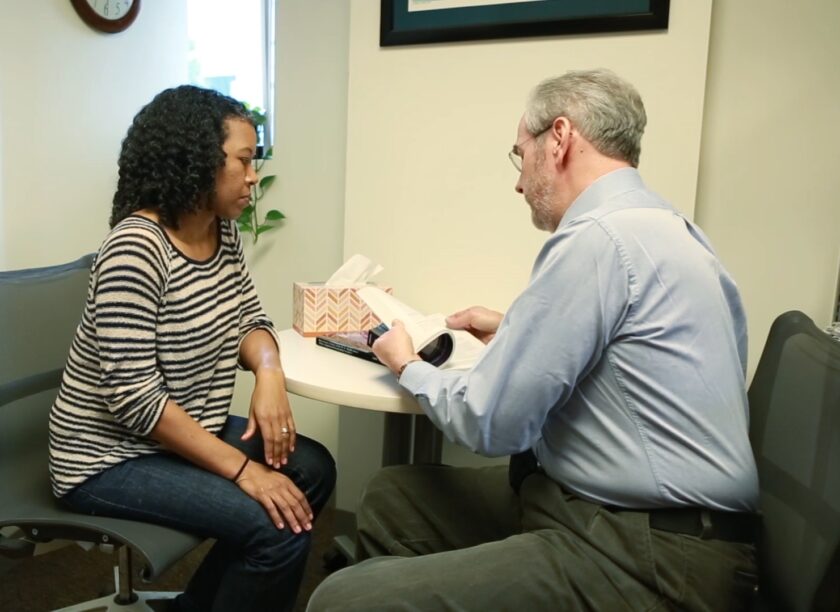
Individuals with serious mental illness are less likely to get regular preventive health care and more likely to use the emergency rooms than are people without mental illness. As a result, people with serious mental illness generally report poorer health and more physical ailments than other individuals.
To address this disparity, the SC CTSI forged a new academic-community partnership. The academic side is led by John Brekke, PhD, Frances G. Larson professor of social work research and associate dean of research, USC School of Social Work. The community partner is Pacific Clinics, the largest behavioral and mental healthcare agency in Southern California. Together, they developed and tested the feasibility of a Peer Health Navigator model to help people with serious mental illness overcome barriers to critically needed health care.
Initial results indicate that patients assigned to the intervention experienced a significant improvement in physical health and a significant transition from using the emergency department to using outpatient clinics for their routine health care. As a result of this SC CTSI-supported feasibility study, the LA County Department of Mental Health is implementing peer health navigators in more than 50 community clinics. Simultaneously, Brekke has secured funding from the Patient Centered Outcomes Research Institute (PCORI) to conduct a larger randomized trial to formally evaluate the efficacy of the peer navigator approach in patients with chronic mental illness in two branches of Pacific Clinics in LA County.
